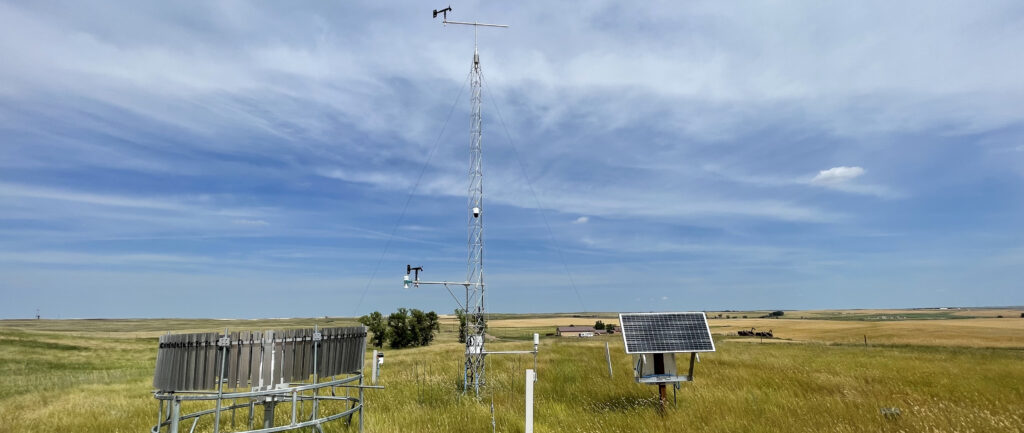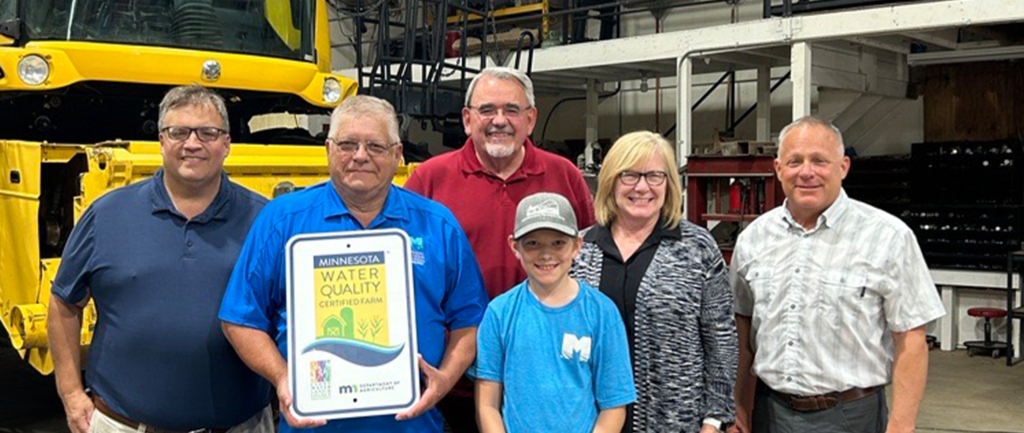This story first appeared in the November-December 2016 issue of Soybean Business, the magazine of the Minnesota Soybean Growers Association. Click here to read more articles from Soybean Business.
Common business practice confuses non-farmers about today’s operations
Faceless. Heartless. Careless. Profit-drive. Largescale. Environmental disaster.
This is what many anti-farming advocates want non-farmers to think of when they think big agriculture. Many of these people throw out the notion of corporate farming as if that is what dominates the landscape across America.
While some states have looser laws regarding corporations and farming, Minnesota has its own set of standards.
Kaitlin Pals, attorney at Gislason and Hunter LLP, says many small farming operations and family owned farms are technically “corporate farms,” meaning the farming operation or farmland is held in the title of a corporation, partnership or limited liability company (LLC).
Pals says one of the main reasons farms choose to operate as an entity is it provides a farmer and his or her family liability protection.
“If a farm employee were to get in an accident, operating as an entity would make certain if that person were to sue, he could not go after the farmer’s house or retirement fund,” she says.
Minnesota’s Corporate Farm Law
“Minnesota’s Corporate Farm Law restricts the circumstances in which corporations and other limited liability entities can either own agricultural land or farm,” Pals says. “The legislature created this law in the 1970s to encourage and protect family farms in Minnesota.”
Under Minnesota law, no corporation, LLC, pension or investment fund, trust or limited partnership may farm or own agricultural land, unless it meets an exemption.
The exemptions to the law permit certain types of entities to farm or own land. These include Family Farm Corporations, Family Farm Partnerships, Authorized Farm Corporations and Authorized Farm Partnerships.
“There are two main categories of qualifying business entities family farm and authorized entities,” Pals says. “Family farm entities limit who can hold the majority share to related persons, while authorized entities limit the number of shareholders. In most situations, a farming corporation in Minnesota cannot have more than five shareholders if they are not related.”
Pals notes that if none of the shareholders or owners of a Family Farm Corporation, LLC, limited partnership or trust live on the farm or actively engage in farming, it can still qualify as a family farm entity if it rents its land to an individual farmer or another entity that qualifies as a Family Farm Corporation, LLC, or limited partnership.
True exemptions to the Corporate Farm Law include poultry or poultry products, timber or forest products, the processing, refining or packaging of any farm products, as well as less common varieties of farms, like aquatic or research farms.
Debunking the “corporate farm” myth
According to the United States Department of Agriculture, 97 percent of the 2.1 million farms in the United States today are family owned. Using this statement, along with the reasons family farms are operating as an entity, can be a valuable tool when talking about modern farming with consumers, or those not involved in agriculture. Katie Heger and Wanda Patsche, two family farmers and bloggers from North Dakota and Minnesota, combat the issue of corporate farming with personal stories and showing the need for options in business structure compared to years ago.
Katie Heger, North Dakota farmer and Heger Family Farms blogger
“Corporate farming often gets played as an emotional issue, one that many fear will take away the “family” aspect of farming. The concern is real and needs to be taken into consideration. Consumers hear the word “corporate” and think of suits and ties and hundreds of employees. They don’t want to lose the nostalgic image they have of the small mom-and-pop farm with one field, a cow and a few chickens. But most people are at least three generations removed from farming or ranching, and don’t fully understand the business side of agriculture. A few quick numbers reveal the majority of “corporate farms” are actually family businesses.
- 2.1 Million farms in U.S.
- 97 Percent of those farms are family owned
- 5 Percent of those farms are incorporated
- 98 Percent of those family corporations have less
than 10 shareholders
Of the 2.1 million farms in the U.S. in 2015, 5 percent were incorporated, and from that 5 percent, 4.5 percent were family-owned. And 98 percent of those family corporations had fewer than 10 shareholders.”
Wanda Patsche, Co-owner of CW Pork, Inc., and Minnesota Farm Living blogger
“The day we incorporated, nothing changed on our farm besides the bookkeeping and amount of tax appointments. When talking to consumers, I tell them they would never know our business structure changed by looking at our farm. We still take care of our animals every single day by feeding them, making sure they have water and caring for the sick. We look and operate just like a family farm, because we are one.”





